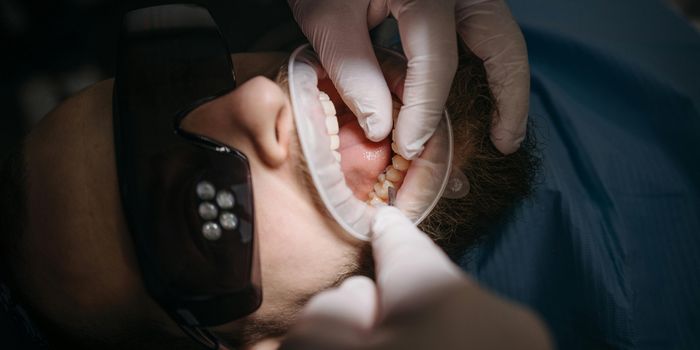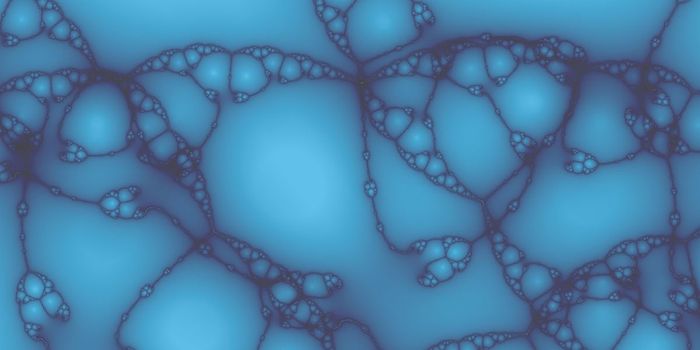New Compound Halts Neurodegeneration in Alzheimer's
Chemists have synthesized new compounds that can halt neurodegeneration linked to Alzheimer’s and other neurological conditions. The study was published in the European Journal of Medicinal Chemistry by researchers from the Russian Academy of Sciences.
Alzheimer’s disease is characterized by a build-up of amyloid plaques in the brain. This build-up reduces synaptic communication, which results in the cognitive symptoms associated with Alzheimer’s.
Previous research has found that people with Alzheimer’s tend to have low levels of heat shock proteins (HSPs), which are key for preventing protein misfolding and aggregation. Hsp90 inhibitors, in particular, are thought to regulate the activity of the transcription factor heat shock factor (HSF-1), as well as Hsp70, and thus protect against the over-accumulation of harmful proteins.
“Our compounds activate the synthesis of specific heat shock proteins and cause their accumulation in the cell,” said Irina Utepova, one of the researchers behind the study.
“Proteins of this type make it possible to protect neuronal tissue from an excess of toxic amyloids and to protect cells from various types of stress, including proteotoxic stress characteristic of neurodegenerative diseases,” she continued.
For the study, the researchers synthesized a group of pyrrolyl- and indolylaznes via photocatalysis that cause heat shock proteins to accumulate. In cells models of both Alzheimer's disease and traumatic brain injury, they found that the compounds were able to increase the survival of neuronal cells.
The researchers then tested the most effective of these compounds on live rat tissues with secondary injuries from traumatic brain injury. Use of the drug, say the researchers, prevented the appearance of movement disorders and degeneration among hippocampal neurons.
The researchers are currently conducting further research on the mechanism of action for their new compounds in preparation for preclinical tests.
Sources: European Journal of Medicinal Chemistry, PMC, Biomed Research International, Neuroscience News









